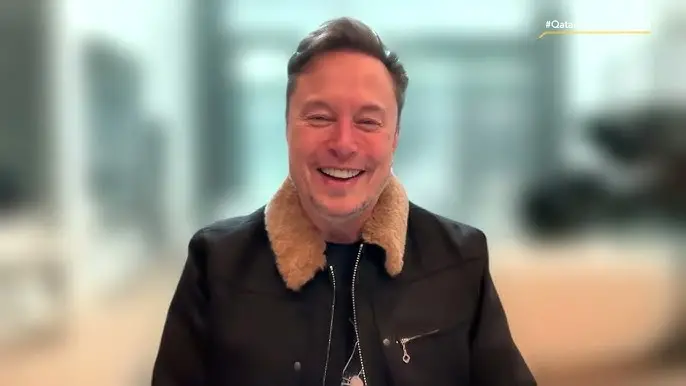Tesla shareholders have approved a performance-based compensation plan for Elon Musk that, if all targets are achieved, could be worth about $1 trillion over the next decade, tying the chief executive to the company through the middle of the next decade and centring Tesla’s future on autonomous vehicles, robotics and large-scale software revenue. The vote, held at the company’s annual meeting in Austin, delivered what the board cast as a resounding endorsement of Musk’s leadership and long-term roadmap. In brief remarks after the tally, Musk told investors, “I super appreciate it,” and pledged to push ahead with plans he says will transform Tesla from an electric-car maker into a broad artificial-intelligence and robotics platform.
The package is unusual even by Silicon Valley standards. It grants Musk up to 12 tranches of stock options that vest only if Tesla meets a set of paired milestones: steep increases in the company’s market capitalization and separate operational or product targets. The market-value hurdles escalate to an $8.5 trillion valuation by 2035, while the operating goals span areas such as global vehicle deliveries, robotaxi deployment, humanoid robots and the Full Self-Driving subscription base. Musk would not receive salary or cash bonuses under the plan, and he cannot immediately sell vested shares, a structure the board argues is designed to concentrate incentives on long-run growth rather than short-term price moves. Supporters at the meeting framed the deal as pay-for-performance at unprecedented scale; critics have countered that even partial achievement could still yield equity awards worth hundreds of billions of dollars and would further concentrate voting power with the CEO.
The vote comes after months of lobbying by Tesla and outside voices, and amid scrutiny from some of the world’s largest investors. Norway’s $1.6 trillion sovereign wealth fund, among Tesla’s biggest shareholders, had said it would vote against the plan, citing concerns over dilution to existing investors, the absolute size of the award and “key person risk” from further centralising Tesla’s fate on one executive. Other investors argued that keeping Musk focused on Tesla’s most ambitious bets was essential. The outcome indicates that a clear majority of shareholders were persuaded by the board’s case that Musk’s attention and equity-linked incentives are vital as Tesla attempts to scale from roughly 2 million annual vehicle deliveries to volumes and high-margin software businesses that could support multi-trillion-dollar valuations.
Musk used the meeting to cast Tesla’s vision well beyond cars. He said the company was entering “a whole new book,” with a mission “to achieve sustainable abundance,” and he highlighted a roadmap centred on the Optimus humanoid robot, a driverless “Cybercab” service and software updates that, in Tesla’s view, will eventually make many of its existing 8-plus million vehicles capable of operating autonomously. He has long argued that the combination of autonomy and robotics is Tesla’s highest-margin opportunity and that such businesses could dwarf car manufacturing over time. The newly approved package, backers say, aligns the company’s largest shareholder and most visible executive directly with those outcomes.
